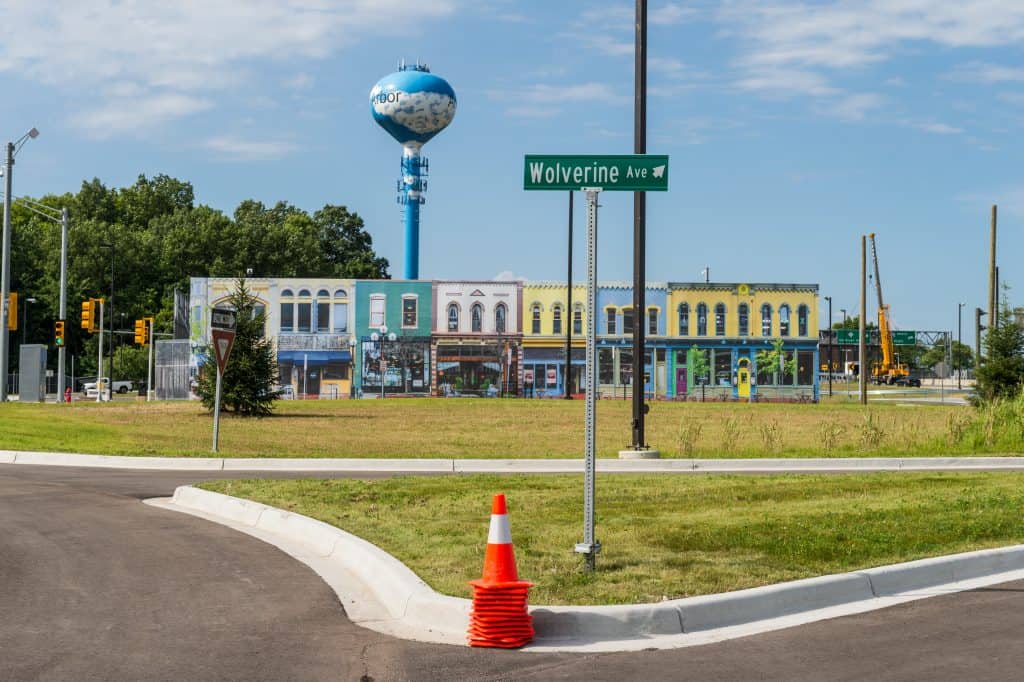 Research focused on artificial intelligence, robotics and autonomous driving at the University of Michigan (U-M) will supported by a $22 million commitment from the Toyota Research Institute (TRI), announced to TRI-CEO Gill Pratt in an address to the U-M faculty.
Research focused on artificial intelligence, robotics and autonomous driving at the University of Michigan (U-M) will supported by a $22 million commitment from the Toyota Research Institute (TRI), announced to TRI-CEO Gill Pratt in an address to the U-M faculty.
Under the agreement, TRI will provide an initial $22 million over four years for research collaborations with the U-M faculty in the areas of enhanced driving safety, partner robotics and indoor mobility, autonomous driving and student learning and diversity.
Recently, TRI announced the establishment of its new Ann Arbor research facility (TRI-ANN) and the hiring of U-M robotics professors Ryan Eustice and Edwin Olson to support autonomous vehicle research. Both will retain U-M faculty positions part-time. TRI-ANN is the third TRI facility, joining TRI offices in Palo Alto near Stanford and in Cambridge, near MIT.
TRI was drawn to Ann Arbor because of the broad strengths of the university and the region, particularly in areas related to the emergence of high-level driver-assist systems, eventually leading to fully autonomous vehicles. TRI will also be near two well-established Toyota Technical Center campuses.
The partnership builds on Toyota’s strong and active presence in the Ann Arbor community. The two offices of the Toyota Technical Center have long worked with U-M on connected vehicles and safety research. Toyota is a founding partner of U-M’s Mobility Transformation Center (MTC), an interdisciplinary public-private research and development initiative that is developing the foundation for a commercially viable ecosystem of connected and automated vehicles.
MTC operates Mcity, a unique “mini-city” on a 32-acre site on campus that allows researchers to test emerging vehicle technologies rapidly and rigorously in a safe, controlled environment. In addition, Toyota’s Collaborative Safety Research Center is a major sponsor of research at the U-M Transportation Research Institute (UMTRI) focused on advanced safety technologies.
“We will also focus on expanding the benefit of mobility technology to in-home support of older persons and those with special needs,” said Pratt.
This collaboration is an effort to leverage robotics to improve quality of life in a variety of ways.
As part of this agreement, U-M will issue a broad call for proposals from faculty across the university to address challenges in mobility, safety and home robotics.